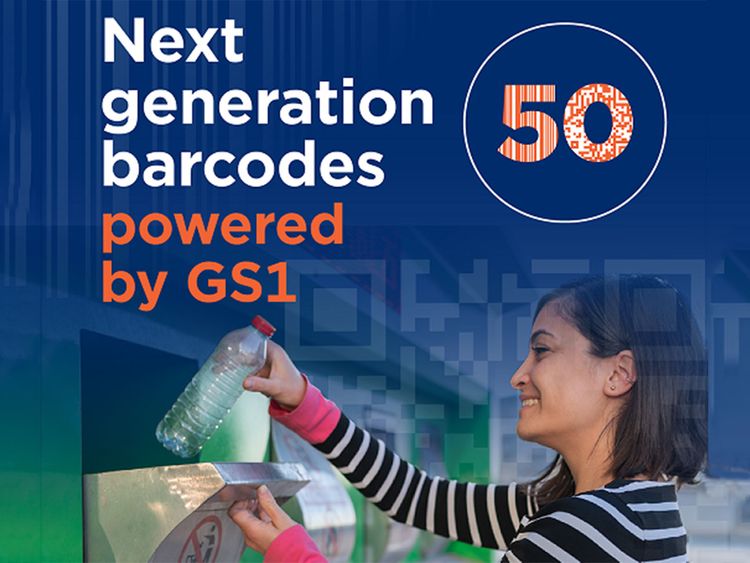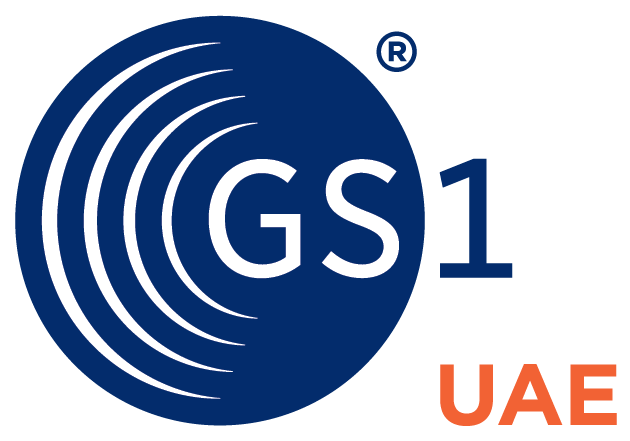
The BBC called it “one of the 50 things that made the modern economy”. Created in 1973, the barcode is today stamped on more than 1 billion products worldwide, and the “beep” at the checkout counter is instantly recognizable around the world. The barcode has permanently changed the way we shop. All barcodes may look the same, but the power lies inside those lines. Thanks to GS1 global standards, a simple scan now does much more than just identify an item. It tells a story. It connects a physical product to digital information that flows seamlessly across the supply chain. From farm to warehouse, from factory floor to shopfloor, barcodes – and the data behind them – enable more resilient and transparent supply chains.
GS1 has changed the way the world functions across all industry sectors from retail and healthcare to transport and logistics and technical industries. Now celebrating 50 years of success, it has a new focus on 2D barcodes, a circular economy, blockchain and IoT.
“Since 2000, GS1 UAE has helped thousands of companies benefit from our standards and solutions in streamlining their businesses in various industry sectors,” said Rami Habbal, CEO of GS1 UAE. “We are now partnering with industry leaders to harness the power of 2D barcodes, not only to meet, but to exceed, the increasing demands of today’s world. This new level of transparency will ultimately help people make smarter decisions about what they buy and use.”
Data representation in visual form has left a great impact on several industries, with GS1 barcodes being used in the retail industry, present on labels and shipment orders in nearly every country and in hospitals and healthcare facilities around the world. In healthcare, GS1 standards have not only significantly increased patient safety but have also improved efficiency. Several government health authorities in the UAE, such as the Ministry of Health and Prevention, the Dubai Health Authority, and the Department of Health Abu Dhabi, have partnered with GS1 UAE to leverage GS1 standards. Together, they have revolutionized healthcare in the UAE. GS1 UAE’s government partners from other industry sectors also include the Federal Tax Authority.
On its 50th birthday, the barcode is on the verge of another leap forward, as its next-generation barcodes, such as two-dimensional QR codes, take the stage. Through these new codes, businesses, regulators, consumers, patients, and others will be able to tap into unprecedented amounts of trusted data. Product journeys will be transparent. Milk will be traceable from cow to carton on the supermarket shelf; tomatoes will tell their story from seed to family table. Allergen information will be included, as will data on whether produce is organic, how it can be recycled, and what its environmental footprint is. 2D barcodes are set to revolutionize barcode standards by offering features and possibilities never seen before, including links to additional details online, post-purchase interactions, and improved analytics and insights.
“The UAE is an international business hub and a global platform for business, from multinational giants to startups and new companies,” Habbal added. “It is a great place for GS1 to introduce the world to the new age of barcodes, 2D barcodes, and the innovation that will create the next revolution across industries.”
GS1’s commitment to sustainability has led it to champion the transition from a linear economy, where a product’s life ends as throwaway waste, towards a circular economy based on sharing and recycling existing materials and products for as long as possible. GS1 UAE works with government authorities and businesses to encourage the adoption of more sustainable practices. Some of the UAE’s priorities in bringing about a circular economy that GS1 standards empower include infrastructure, sustainable transportation, sustainable manufacturing, sustainable food production and consumption.
“The UAE’s Fourth Industrial Revolution strategy aims to strengthen the country’s position as a global 4IR hub and to increase its contribution to the national economy through advancing innovations and future technologies,” said Habbal. “As consumers rightly demand more and better product information and the planet requires us all to maximize the power of data for smart, efficient, and sustainable decisions, we are now launching a global transition from traditional barcodes to next-generation barcodes, and from a linear economy to a circular economy. We are excited to see the powerful changes that this transformation will bring.”
Currently present in 116 countries across the globe, GS1 steps into the next half a century with a commitment to helping the world have seamless access to trusted data and information.





